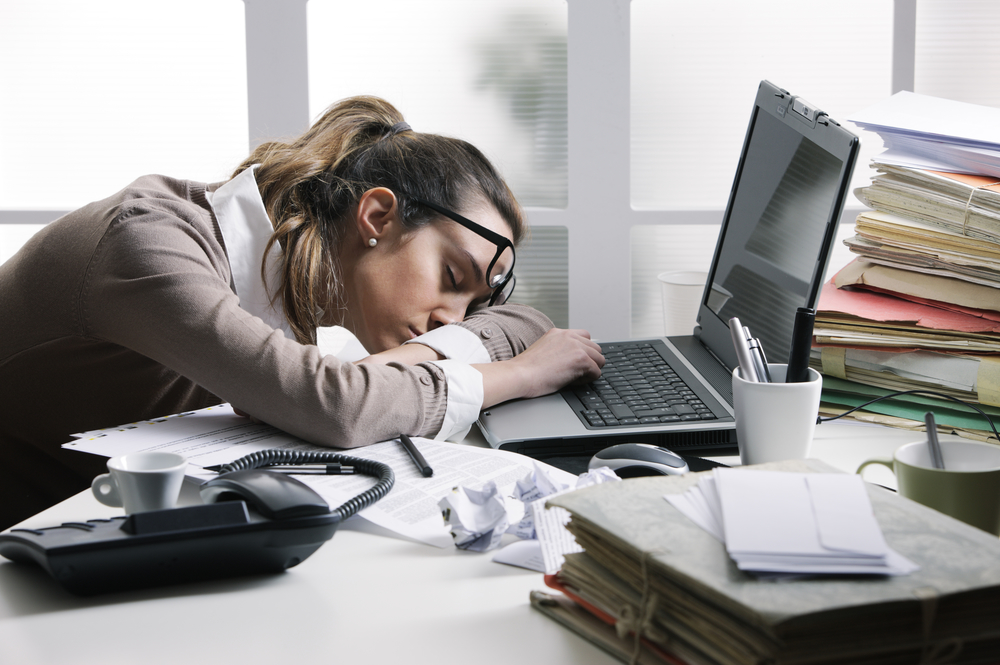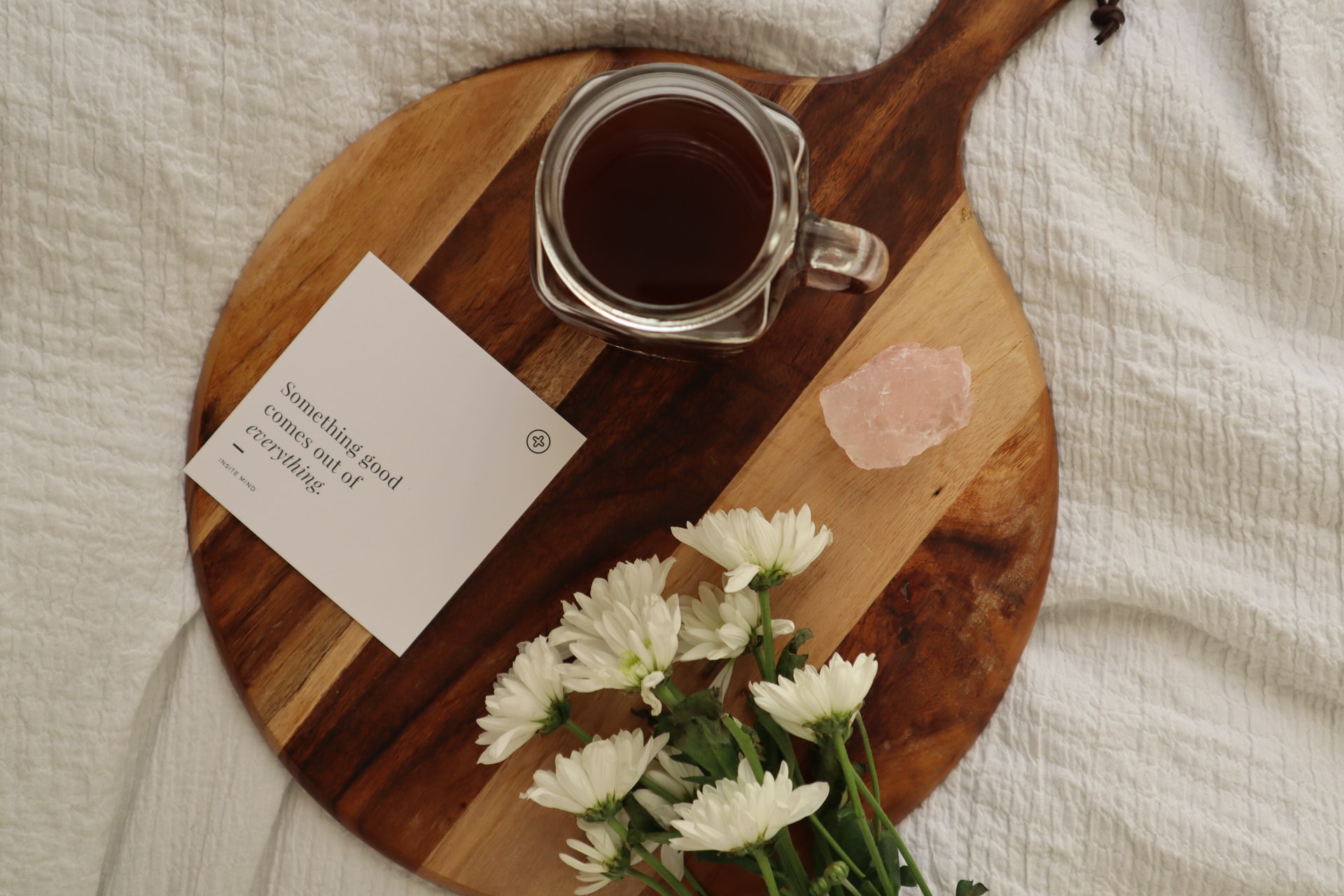After a productive morning, you break for lunch and then spend the next two hours fighting off sleep. Don’t worry: it’s not just you! Nodding off in post-meal drowsiness—sometimes called falling in to a food coma—is pervasive and can be embarrassing. But instead, wouldn’t it be nice to start the second half of your day with the same energy you had at 9 a.m. when you started your work day? Here are a few tips to help you stay perky after your midday meal.
It’s not just you and it’s not all bad
The first thing to realize is it’s not just you that gets sleepy after lunch. Almost everyone loses energy after a meal. It’s natural. New York-based dietitian and exercise physiologist Mary Jane Detroyer doesn’t even like the term food coma. “It makes a judgment and insinuation of something wrong after eating.” Usually that sleepy feeling is simply your body concentrating on processing food.
The type of meal you eat also makes a difference. Eating a high carbohydrate meal, like a big bowl of pasta or plate of rice or potatoes/fries with a burger or a huge sandwich, adds to the problem. Your body produces insulin to handle the levels of sugar in the blood from the digestion of carbohydrates. Large fatty meals can create the same effect because of the amount of energy needed to digest and process all that food.
“Eating an appropriate size lunch with some protein, vegetables or fruit, and a moderate amount of fat and carbohydrates should keep most people feeling energized after eating and stop them getting tired,” said Detroyer. “Eating mindfully, then stopping when you are just starting to feel sated and full will prevent fatigue.”
That part about stopping when you are starting to feel full is key. We often think of lunch as a midday treat, a respite from work. And that can lead to overindulgence. “The process of digestion requires energy, which can result in temporary fatigue because your energy goes toward digestion not thinking.”
What to eat
New Jersey-based dietitian and food scientist Joy Dubost said the key is keeping blood glucose levels relatively even. A big spike in blood sugar will lead to a crash. In general, Dubost recommends 20 to 30 grams of protein and 10 grams of fiber for lunch. Whether its brown rice or veggies, lean meat or tofu, and also to be sure to watch the sauces, gravies, and salad dressings, which can be loaded with hidden sugar, oil, and fat. “You want everything to digest at an even rate,” said Dubost. “It’s a pretty complex issue and it’s different for each person.”
What to avoid?
- Snacking, especially on sugary or highly-processed carbohydrates.
- Dehydration, especially during the summer months.
- Skipping meals. A little like your sleep cycles, your body expects you to eat something at regular times and needs it.
- Giant carb and fat blasts.
Drink smart
Drinking plenty of water is always a good idea and helps keep your entire body working as it should. Dehydration will quickly lead to fatigue. Drink water though not sugary sodas as these can lead to dehydration and the sugar bump will quickly wear off, spiking the blood glucose levels, and causing a following crash. Also, avoid overdoing it on coffee. A cup or two is fine for a caffeine bump, but it’s not a long-term solution.
Energy drinks—with their massive caffeine jolts—are not the solution and are more a part of the problem As Detroyer said, “You get a central nervous stimulation from the caffeine and then a big drop, leading to fatigue, when it is done.”
“The better way get an extra energy boost is with a cup of green tea or black tea,” said Dubost. Tea not only naturally contains caffeine in manageable quantities, but also theanine, an amino acid that studies have shown helps clear the mind and helps deal with stress.
Other issues
Falling asleep or chronic drowsiness after lunch could indicate some other problems and may not just be the fault of a food coma, so it’s important to be aware of other potential causes, such as:
- Food intolerances and allergies can lead to problems with digestion, resulting in fatigue.
- Not getting enough sleep, or not enough restful sleep, can lead to daytime exhaustion, which can be exacerbated by midday food.
- You may need to break up your tasks too. “Boredom can lead to mental fatigue that can be misconstrued as being physically tired,” said Detroyer.
“If someone is always tired after lunch they should see a doctor or dietitian to assess what may be going on and to rule out any physiological issue,” she added in finishing.




